Help
Community21 has selected some case study communities and projects to share across the network to inspire and inform others. Should we be featuring yours? If so get in touch.
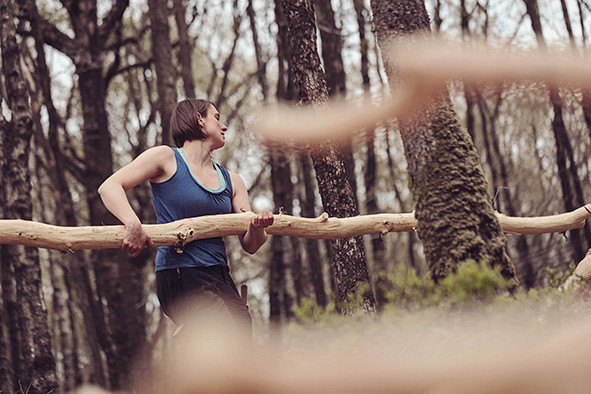
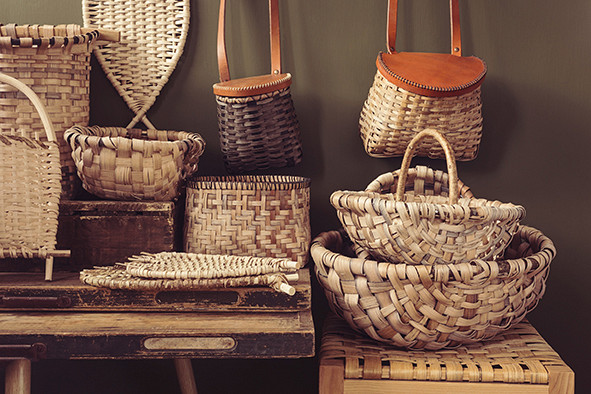
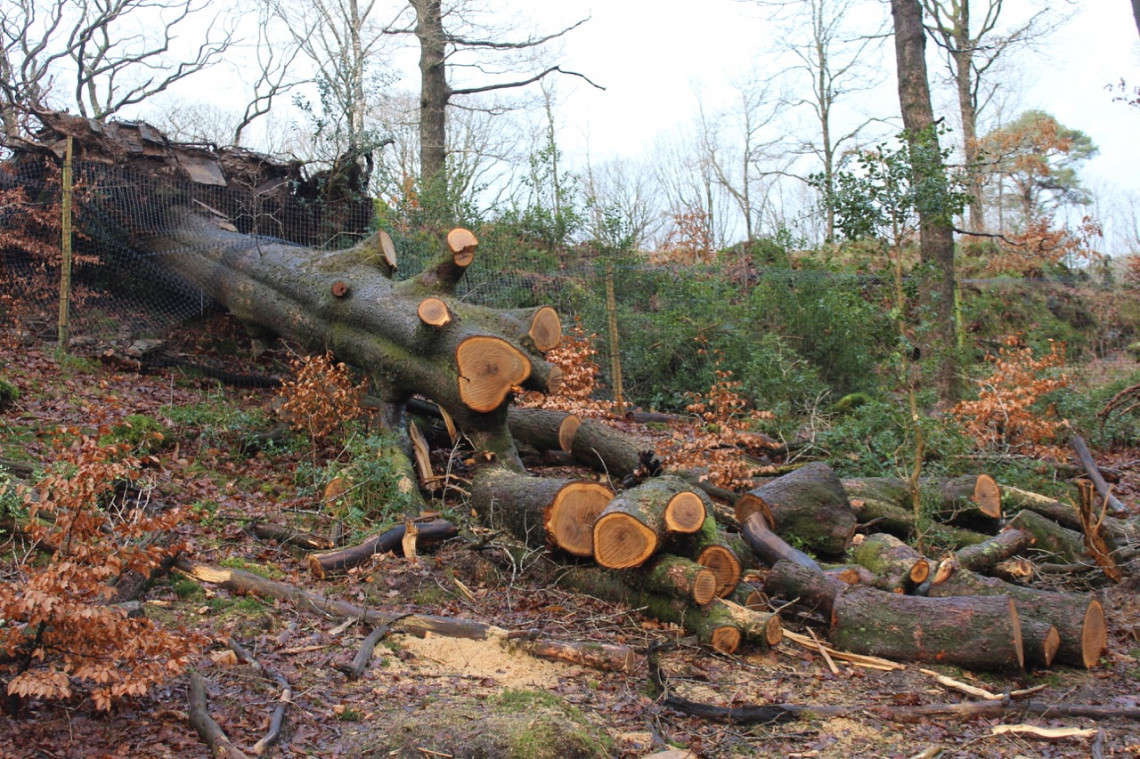
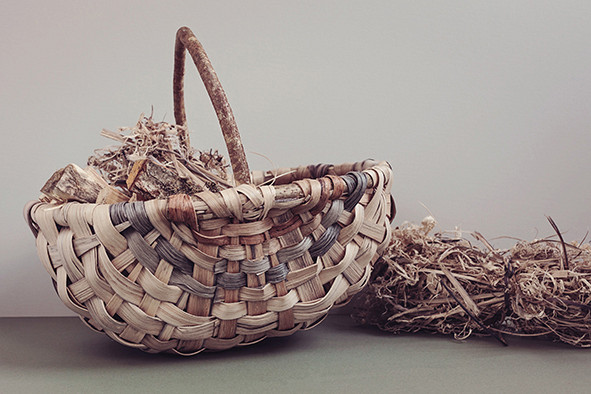
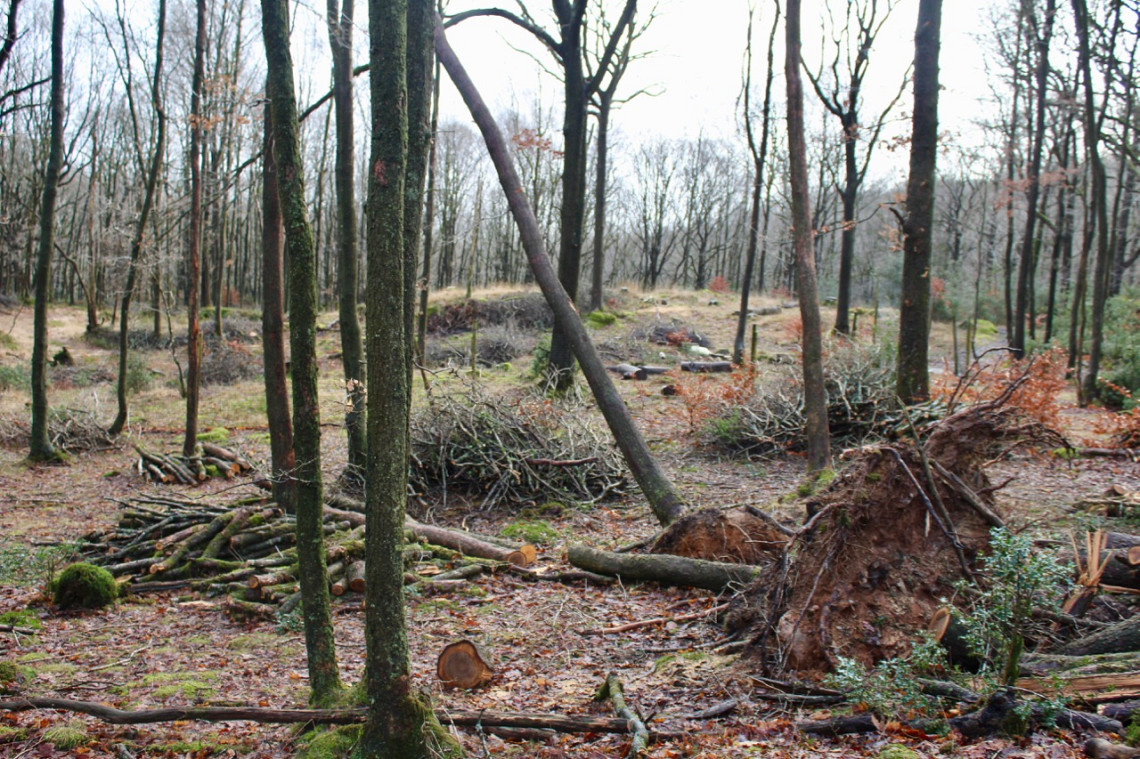
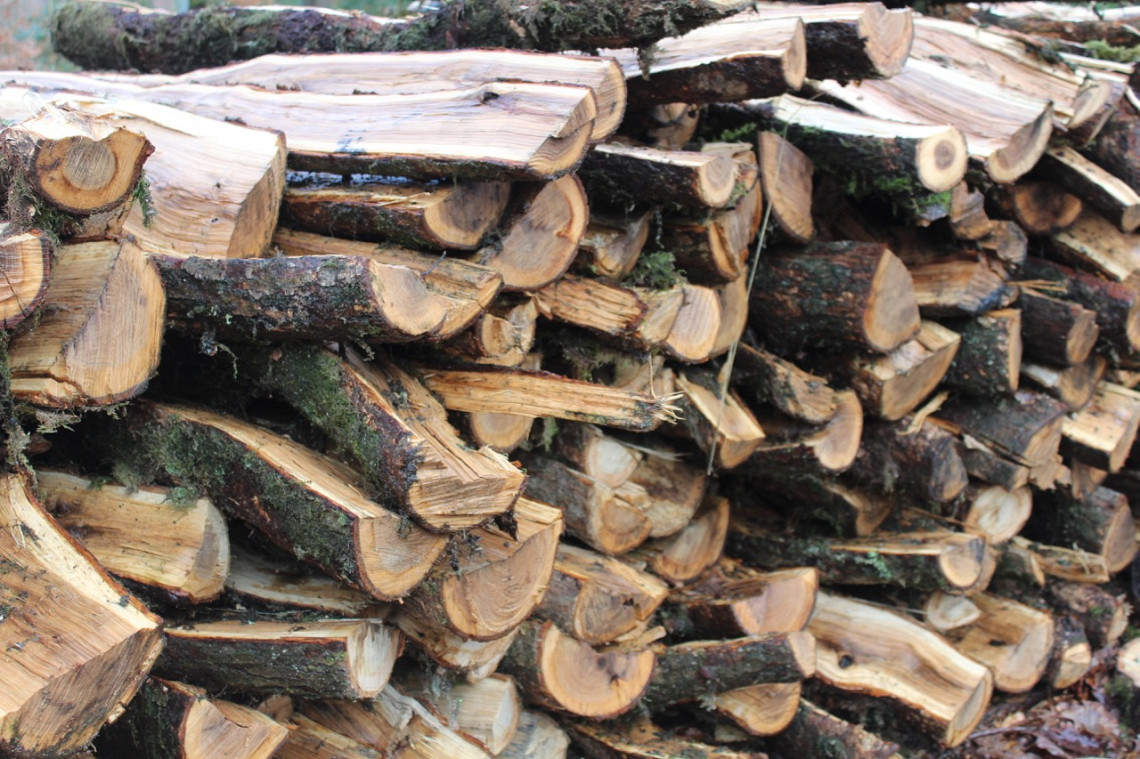
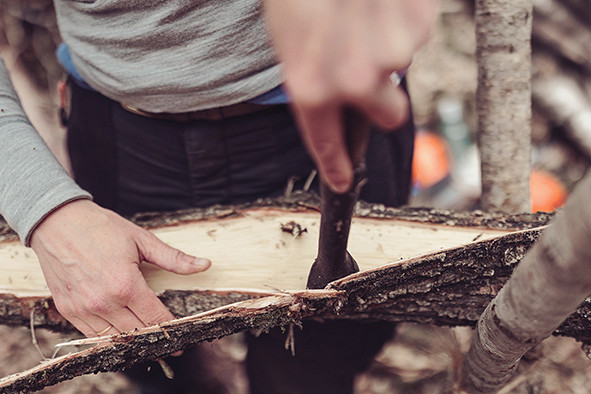
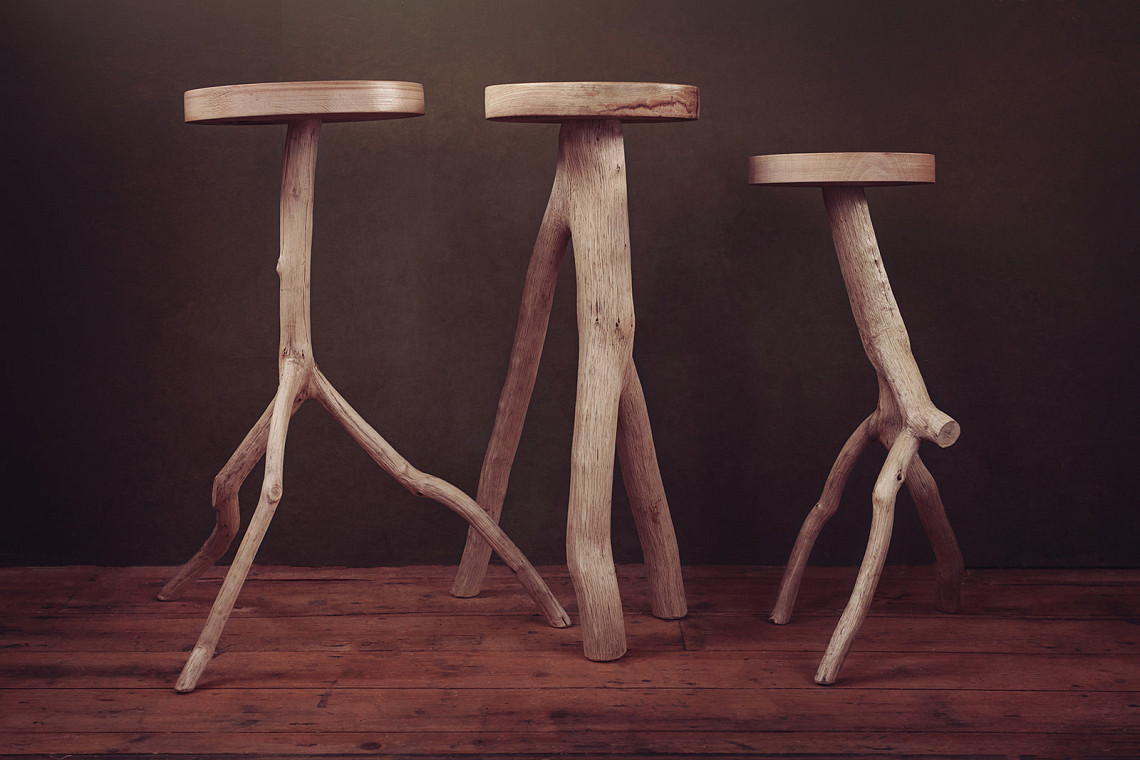
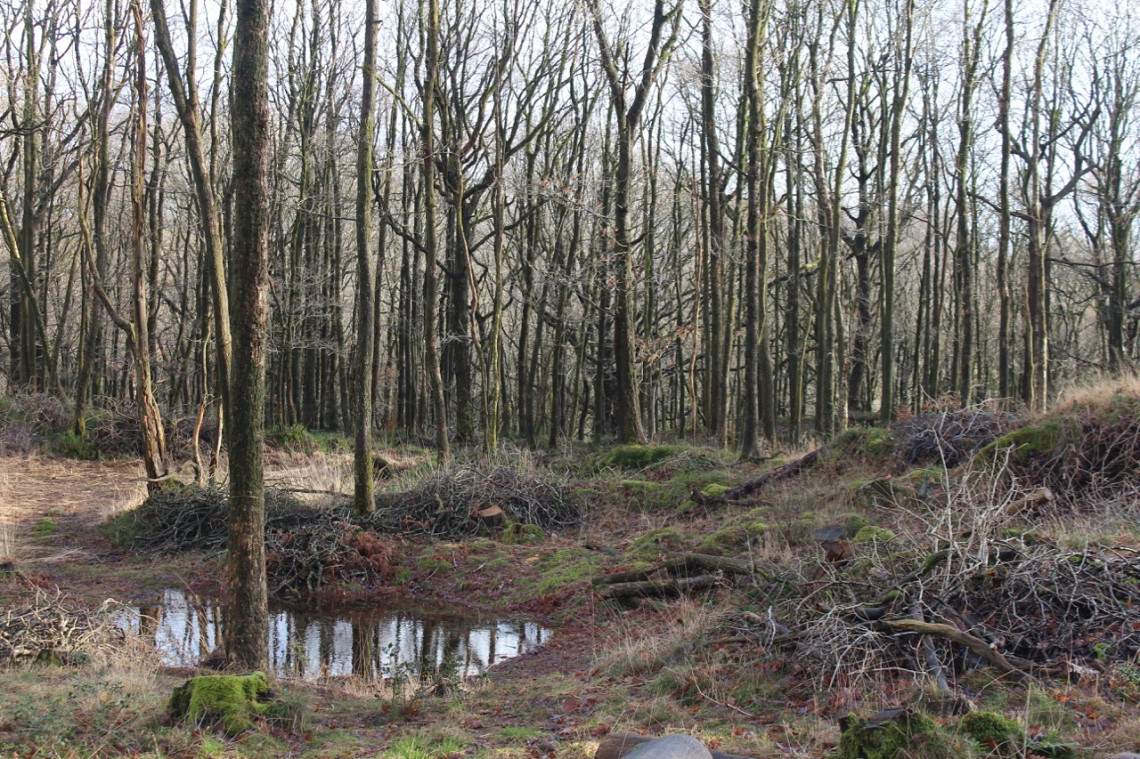
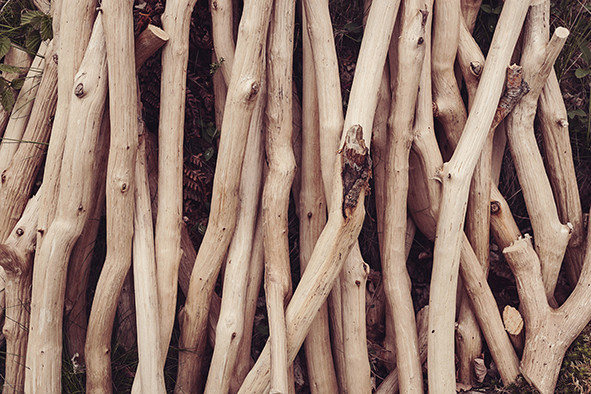
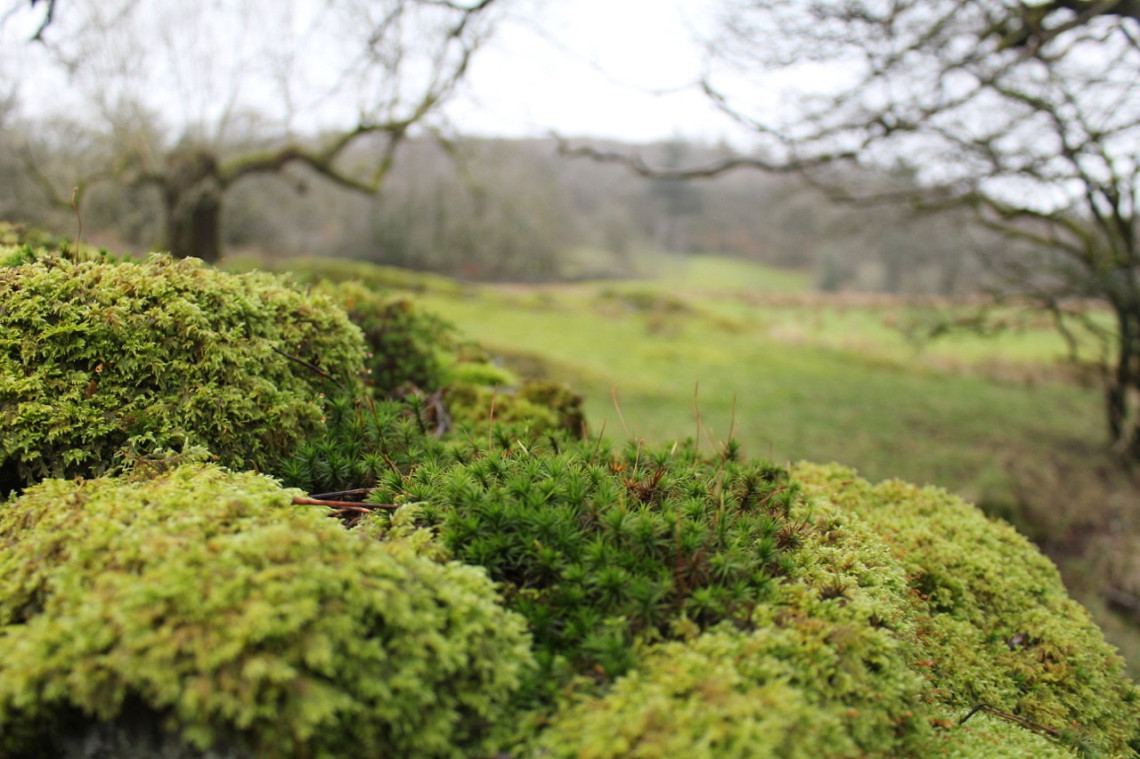

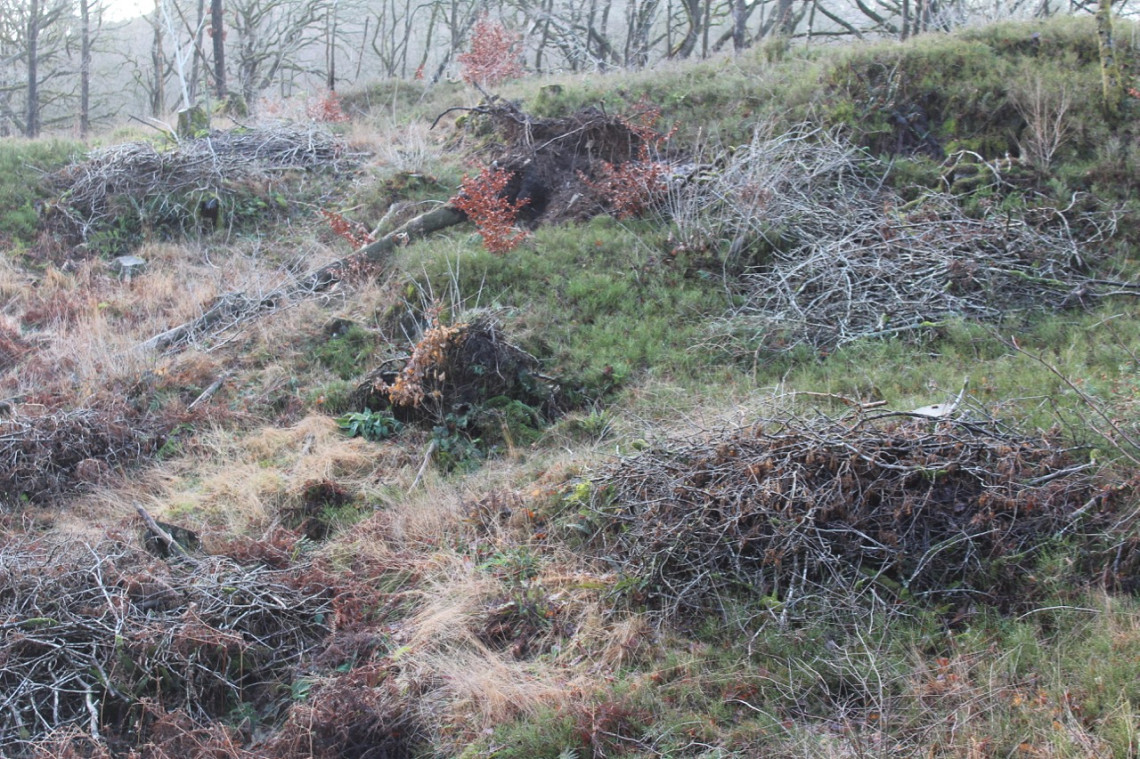
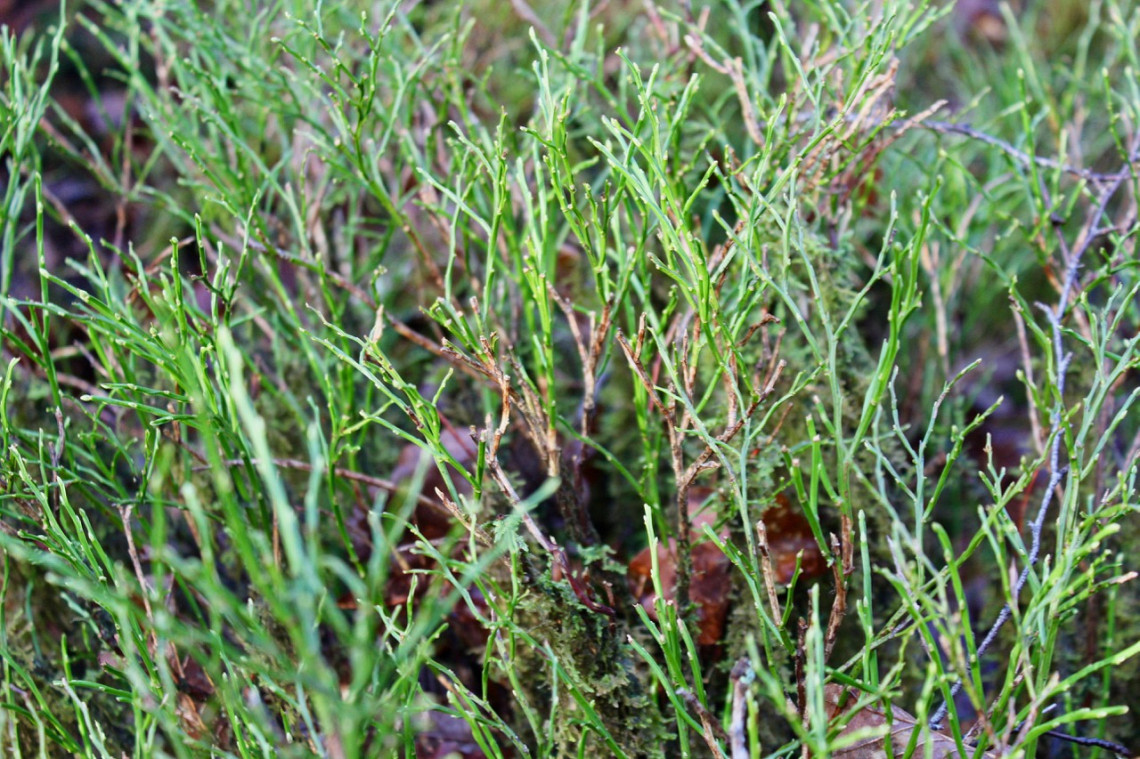

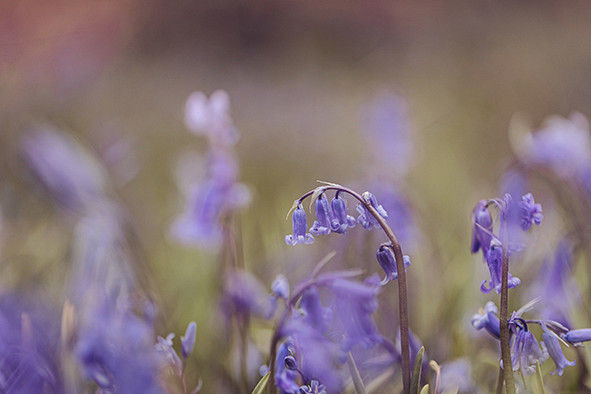
Name: Lorna Singleton
Location: Cumbria
Specialist materials: Oak
Products: Baskets and furniture
Links [if available]: https://www.lornasingleton.co.uk/
Lorna sees her well-known oak-woven-baskets as a ‘prop’ to introduce people to different aspects of the practice. She seeks to broker understanding of wood as a material and woodlands as a habitat, but moreover part of our national working culture and eco-logical past, present and future.
She acknowledges a ‘cultural shifting’ with more people ‘buying into the nature thing’. Having studied anthropology and archaeology interest Lorna and the collaborative relationship between people and the natural landscape as a model to take forward in ways that prevent mindless and wasteful consumption. She is a passionately champions the growth and return of well-regulated industries that work woodland and provide multiple benefits socially, economically and environmentally. ‘We can bring back careful industry rather than importing things from other countries who then take a hit when we pass on our industrial revolution to other countries (destroying their natural resources)’. Scalability would reflect the past in repeating the traditions of local and situated making and referring to the geographic vernacular – repeating these sensibilities in lots of (different) places and working and improving woodlands locally.
‘Frustrated’ by not having ‘six lifetimes’ to develop the ecologists knowledge to understand all the elements. Although she has undertaken education programmes around lichens and mosses – which form an amazing, vibrant ‘neon’ green carpet covering all surfaces in winter. The colours provide physiological benefit and ‘like hobbits’ Lorna and her co-worker will lie on the ground between cutting sessions and trying to identify the sounds. Trying to decipher the migrant visiting birds, from those passing through and the permanent tenants and the subtly different warblers that frequent the wood.
The wood she / they work sits in amongst what were (once) heavily worked woods and alongside more heavily harvested landscapes that are generating wood fuel and resources at scale through mechanised felling. ‘Working slowly through woods’ -applying skills initially learned through a Bill Hogarth Trust woodland apprenticeship with training in crafts, management and felling. A highly demanding physical job that engages methods that are beneficial to the environment through careful coppicing –nature is a ‘silent partner’ in the business where natural systems dictate what gets made with a profound ‘co-operation’ relationship to the trees. Observing natural movements of deer have helped to form a more mutually accessible and accepting arrangement.
She advocates for letting the woodland return and recover naturally through coppicing and natural (re)planting – why replant when the jays will do it for you?